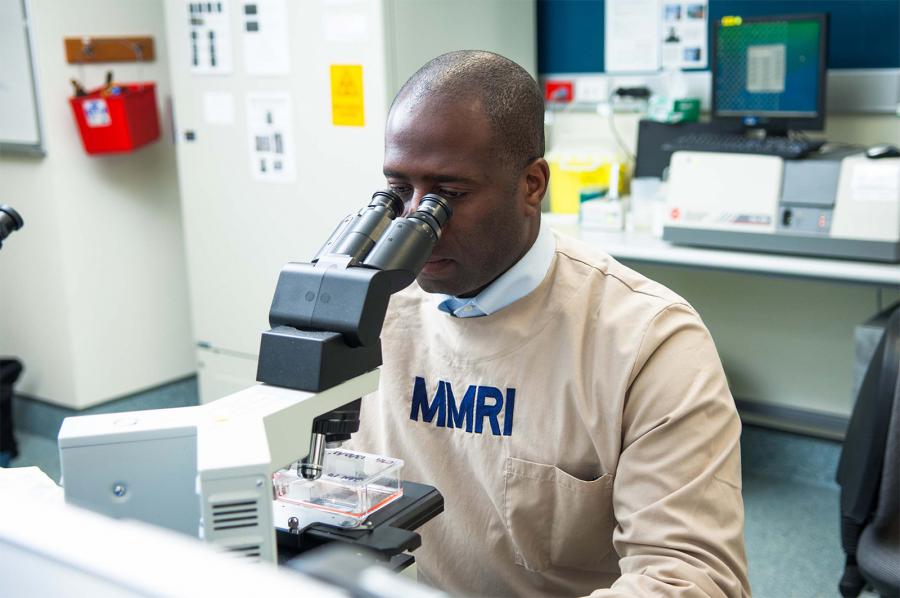Completing his medical training at Imperial College, London in 1998, Dr Coward became a member of the Royal College of Physicians in 2002. His interest in the field of oncology began during his tenure as a junior doctor and he subsequently undertook specialist registrar training at Westmead Hospital, Sydney and the world renowned Royal Marsden Hospital, London.
In 2006, Dr Coward was appointed as a MRC clinical fellow at the Barts Cancer Institute, London, where his research on the effects of immunotherapy in advanced ovarian cancer successfully translated into a clinical trial in patients with platinum resistant disease. This work culminated in a PhD award from Queen Mary, University London in 2010, cementing Dr Coward’s desire to dedicate his career to cancer research. He has over 30 peer-reviewed publications and book chapters with numerous citations in leading scientific and clinical journals. He is also a peer reviewer for numerous cancer journals. Alongside his continuing supervision of clinical trainees and PhD students, Dr Coward is a regular lecturer at national conferences.
Dr Coward is actively involved in a number of high calibre international research collaborations with clinicians and scientists within prominent international cancer institutes. In addition, as a passionate advocate of cancer research, Dr Coward speaks at charity events and public forums educating patients and their relatives about his research.

Since Dr Coward was awarded his PhD in cancer immunotherapy, he has continued to conduct laboratory and clinical research alongside his oncology practice. For 3 years, he was the Principal Investigator for the Cancer Therapeutics Group, Mater Research housed in the Translational Research Institute, Brisbane. During this time he obtained prestigious grants from Cancer Council Queensland and the Royal Australasian College of Physicians. Although principally focused on clinical work, he remains very active in collaborating with scientists on numerous basic research endeavours. He has recently been awarded grants from AstraZeneca to continue funding this research which will translate into future trials in immunotherapy in a variety of tumour types.